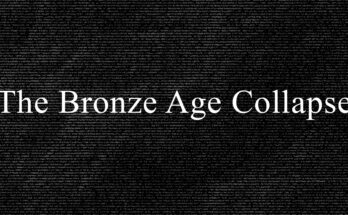Understanding Rule 303: A Historical Military Term’s Modern Implications
In recent discussions, the term “Rule 303” has resurfaced, stirring debates among military contractors, law enforcement, and the public. Originating from a historical military incident, Rule 303 has evolved into a controversial concept in modern contexts.
The Origin of Rule 303
The term traces back to a soldier in the early 20th century, who, during an insurgency, justified the summary execution of locals found with his comrades’ belongings. When asked under what authority he acted, he cited “Rule 303,” referring to the caliber of his rifle. His point was clear: having the means to act implied a responsibility to do so. Over time, this notion has been misinterpreted as “might makes right,” a significant departure from its original meaning.
Modern Applications
In contemporary settings, Rule 303 has influenced the behavior of military contractors and law enforcement officers. During the Iraq and Afghanistan wars, the term became popular among contractors working alongside active-duty military personnel. The idea is simple: if you have the capability to intervene, you bear the responsibility, regardless of formal duty. This concept is illustrated in various scenarios, such as the intervention of French jets in an ambush in Africa and the fictionalized rescue missions depicted in movies like “Tears of the Sun.”
Controversial Interpretations
As Rule 303 permeated law enforcement culture, its interpretation sparked debate. Some officers have used it to justify risky decisions or even inaction. The controversy intensified following the Parkland shooting, where discussions about the responsibilities of school resource officers came to the fore. Critics argue that Rule 303 has been misused to rationalize behaviors that do not align with its original intent.
Philosophical and Practical Debates
The philosophical underpinnings of Rule 303 highlight a clash between the duty to act and the need for self-preservation. Some law enforcement officers argue that being legally obligated to act removes their ability to assess personal risk. However, this argument faces strong opposition from those who believe that the profession of arms inherently involves accepting such risks, especially when protecting vulnerable lives.
Critique of Law Enforcement Excuses
The use of Rule 303 to justify inaction has faced significant criticism. Common excuses, such as inadequate pay or being outgunned, are seen as insufficient. The primary duty of officers, particularly school resource officers, is to protect, regardless of personal risk. The argument posits that in roles specifically designed to safeguard children, the responsibility to act should supersede concerns about personal safety.
As debates around Rule 303 continue, it remains crucial to understand its origins and intended meaning. The term’s evolution highlights the complexities of interpreting historical military principles in modern contexts, especially when lives are at stake.

